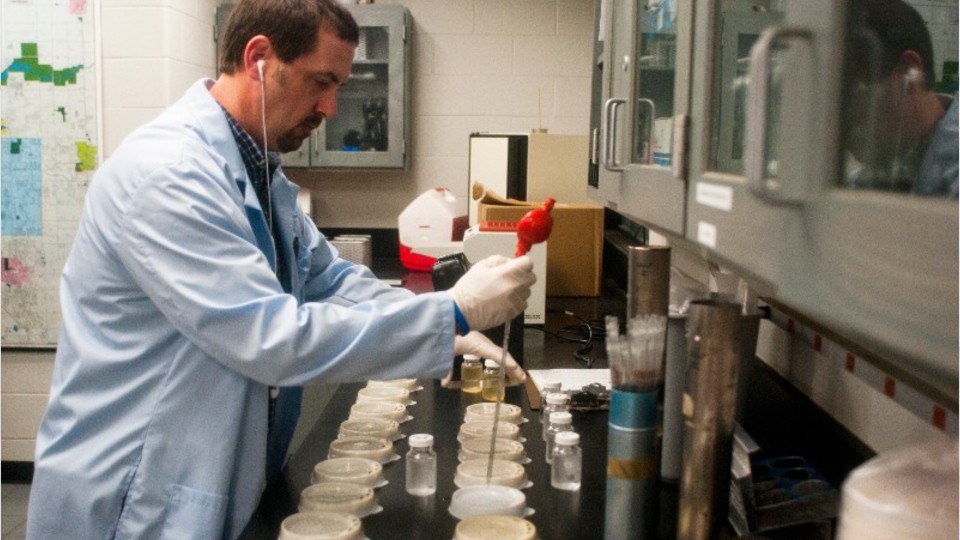Natural Sciences Managers
Chemical Process Exploration Manager, Environmental Program Manager, Natural Sciences Manager, Research and Development Director (R and D Director)
What they do:
Plan, direct, or coordinate activities in such fields as life sciences, physical sciences, mathematics, statistics, and research and development in these fields.
On the job, you would:
- Hire, supervise, or evaluate engineers, technicians, researchers, or other staff.
- Design or coordinate successive phases of problem analysis, solution proposals, or testing.
- Plan or direct research, development, or production activities.
Knowledge
Math and Science
- biology
- chemistry
Arts and Humanities
- English language
Business
- management
- administrative services
Engineering and Technology
- computers and electronics
Skills
Basic Skills
- using scientific rules and strategies to solve problems
- keeping track of how well people and/or groups are doing in order to make improvements
Problem Solving
- noticing a problem and figuring out the best way to solve it
People and Technology Systems
- thinking about the pros and cons of different options and picking the best one
- figuring out how a system should work and how changes in the future will affect it
Abilities
Verbal
- read and understand what is written
- communicate by speaking
Ideas and Logic
- make general rules or come up with answers from lots of detailed information
- order or arrange things
Math
- choose the right type of math to solve a problem
- add, subtract, multiply, or divide
Personality
People interested in this work like activities that include ideas, thinking, and figuring things out.
They do well at jobs that need:
- Initiative
- Leadership Orientation
- Innovation
- Perseverance
- Adaptability
- Achievement Orientation
Technology
You might use software like this on the job:
Analytical or scientific software
- IBM SPSS Statistics
- The MathWorks MATLAB
Presentation software
- Microsoft PowerPoint
Data base user interface and query software
- Microsoft Access
- Structured query language SQL
Education
Education: (rated 5 of 5)
bachelor's degree or
post-doctoral training
usually needed
post-doctoral training
usually needed
Job Outlook
Average
New job opportunities are likely in the future.
Explore More
- Bioengineers & Biomedical Engineers
- Biological Technicians
- Data Scientists
- Molecular & Cellular Biologists
- Project Management Specialists
You might like a career in one of these industries:
See more details at O*NET OnLine about Natural Sciences Managers.






